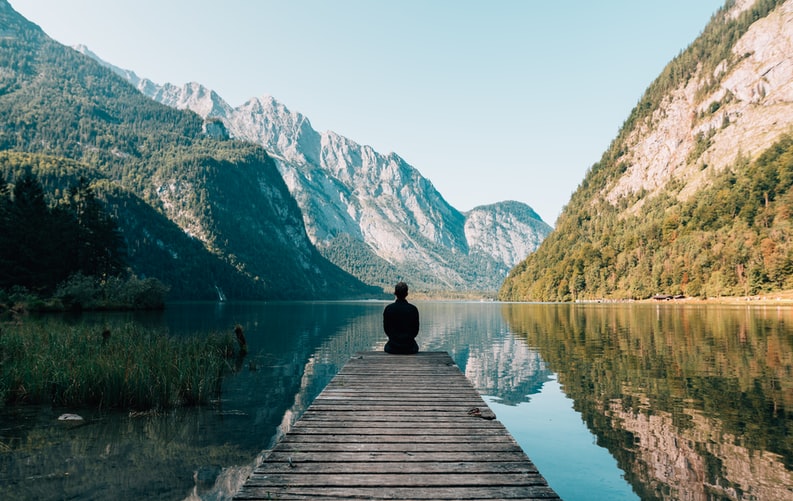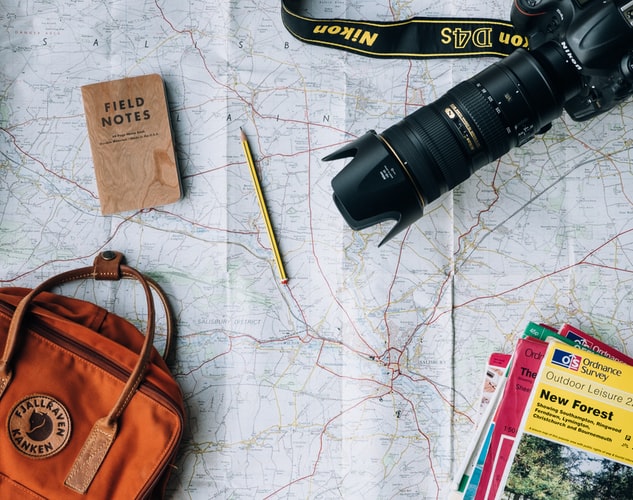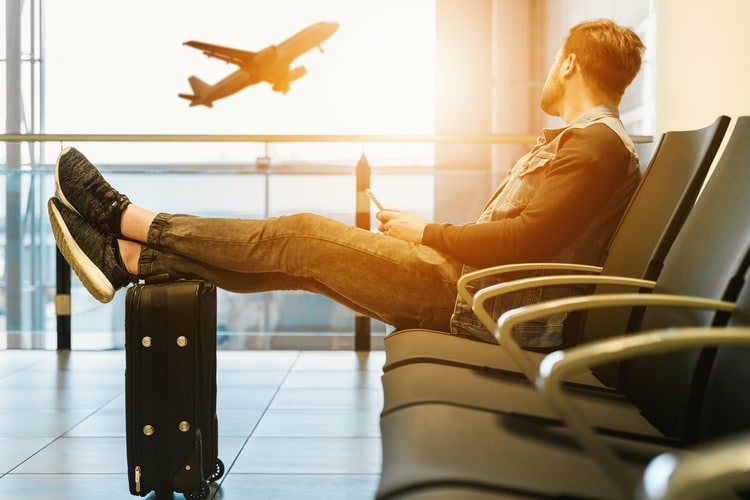Ever wondered why you get the urge to travel or escape? The answers lie in the brain and how it is programmed. The brain’s physiological qualities influence or triggers a person to move. And the human psychology that relates to travelling and movement.
The key aspects of why a person feels the need to travel are the unique neural mechanisms for movement and how the brain is wired to new kinds of movement and, circadian rhythm and the need for sunlight.
Neuroscience and Travelling
While babies follow the same series of motor command as other mammals or animals before they learn to stand, balance, and walk. By that point, the brain has already developed neural mechanisms that allow and develop skills to coordinate and execute complex simultaneous movements.
Additionally, it is common for humans to feel the want to evolve and adapt to new kinds of activities. This is due to the effects of human social evolution. For example, centuries ago, males are wired to adapt and learn how to aim and throw a spear, catch a fish, and other survival skills one needs to master to survive. Now, males are wired to the new technological advancements and need not throw a spear to fill the stomach, instead, males learn to throw a football, earn the skill to type on the keyboard without looking at the letters, or learn how to operate and use work-out equipment. Although these activities are quite different, they are all triggered by the way the brain is programmed to adapt.

Moreover, the circadian rhythm in the brain and how humans are programmed to wake before sunlight and work during also impacts the brain’s process when travelling. Long-distance travels can be disorienting considering the timeframe differences. However, far travels outdoors releases endorphins in the body that significantly improve the quality of life and holistic well-being.
Psychology of the Brain and Travelling
Most getaways are triggered by desire. The want of humans to see new things, explore, experience, and escape are the main reason why people travel without giving attention to the economic costs. Additionally, the cognitive psychology of the brain when deciding whether or not to travel is a complex process that is relative to the personality, perception, and data processing of the person. Also, age has something to do with the level of desire to travel. Age influences the propensity and attitude towards exploring new places. Thus, older people prefer to travel the familiar in contrast to younger ones who will opt for backpacking the world instead of going with a bunch of strangers on a tour bus with a tour guide.

What Sets and Limits Travelling Choices?
Human emotions are robust that they can turn the mind around in a snap. It plays a strong role in choosing a destination. While some are triggered by nostalgia, pleasure, and freedom. Some are limited by fear, danger, and the fear of the unknown. Some may even suffer from anxiety dreams which is an imagination of how journeys or travelling can go wrong.
The Practical Implications of Travelling
Movement: movement as human needs with physical benefits and hard-wired to the brain ever since a person is born.
Issue of Confinement: the feeling of being incarcerated in one place for so long triggers the brain to think and desire to go someplace new, different, and far.
Psychological Motivations: it depends on the age, gender, emotions, and experience of the individual.

The combination of locomotion and cognitive abilities are the tools that promote social evolution. The changes around you and the routine you do every day are some that influence your brain to wander and to want to break out from such confinement. While travelling can be seen as another expense, it is also a need for the brain to satisfy its need for a new movement, space, and activities.



